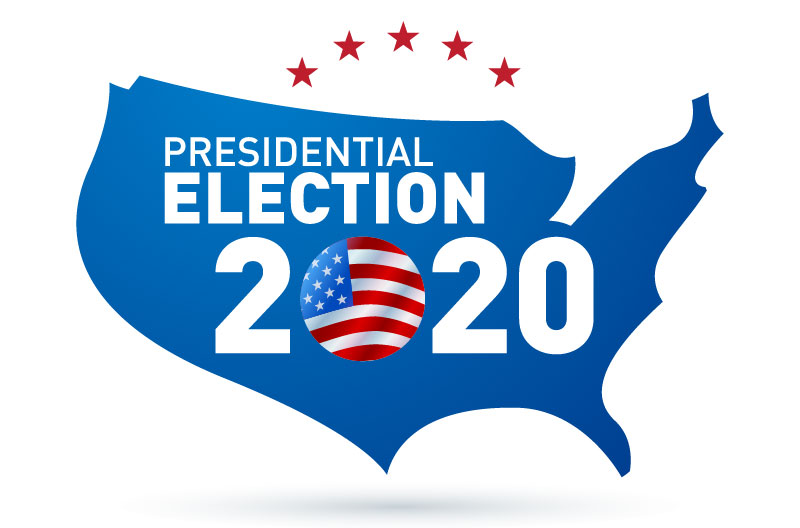
Because of electoral college and gerrymandering, you probably live in a state that will play no material role in the 2020 presidential election. The large majority of the states are firmly red or blue, and they will likely stay that way in 2020. In fact, the election will likely come down to four states: Michigan, Wisconsin, Pennsylvania, and Florida. The candidate who can win three of those four states will almost certainly win the election. This is another reason why national polls, especially at this early stage, don’t really matter. Presidential elections are decided by a system where candidates get all or nothing of each state’s electoral college votes. The states effectively choose the president – not individual voters. This is how a candidate can end up with fewer total votes, and still win the election – as Donald Trump did in 2016.
Some people think that because the election will ultimately be decided by Florida and the 3-4 states known as the “Rust Belt”, the only way a Democrat can win is if they nominate a moderate who can appeal to the voters in those states that are in the middle – politically speaking. This theory suggests that the Democratic nominee will need to win the votes of people who may have went for Trump in 2016, but are willing to flip to a Democrat in 2020. I can see the logic in that point of view, but I’m not so sure I agree. While she was labeled an extremist, Hillary Clinton was actually a moderate in terms of her policies. In fact, In the eyes of many she was so bland, she was unable to inspire the Democratic base of young people and minorities. That’s what cost her the election, not that her policies were too extreme. The election may come down to four states, but voter turnout is what will decide the winner in those states and I’m not convinced that a centrist candidate like Joe Biden will rally the base enough to ensure a high enough voter turnout to win. In a way that is too bad. Most of us reside in the political middle. I still live in a fantasy world where I am hoping for a candidate who can appeal to both sides and bring us all together… but it feels like in this era of hyper-partisanship, only the most polarizing candidates have a chance to win. I’ll continue to track this and comment on this blog in the coming months.
Never in U.S. history have we had two older or less popular candidates running for president of the United States than we do today. We repeatedly hear the question, “How can these two candidates be the best our country has to offer?”.
if you are primarily fearful of living in a society that is racist and discriminatory, you should be very concerned with what is happening with the political far left. If your primary fear is moving our society towards socialism and communism, then you should be mostly fearful of the political far right. That statement may seem counterintuitive, but it is absolutely true.
People on the political right believe that people on the extreme left are the biggest problems in our nation. People on the political left think that people on the extreme right pose the biggest threat. This is one occasion when both sides are correct.
